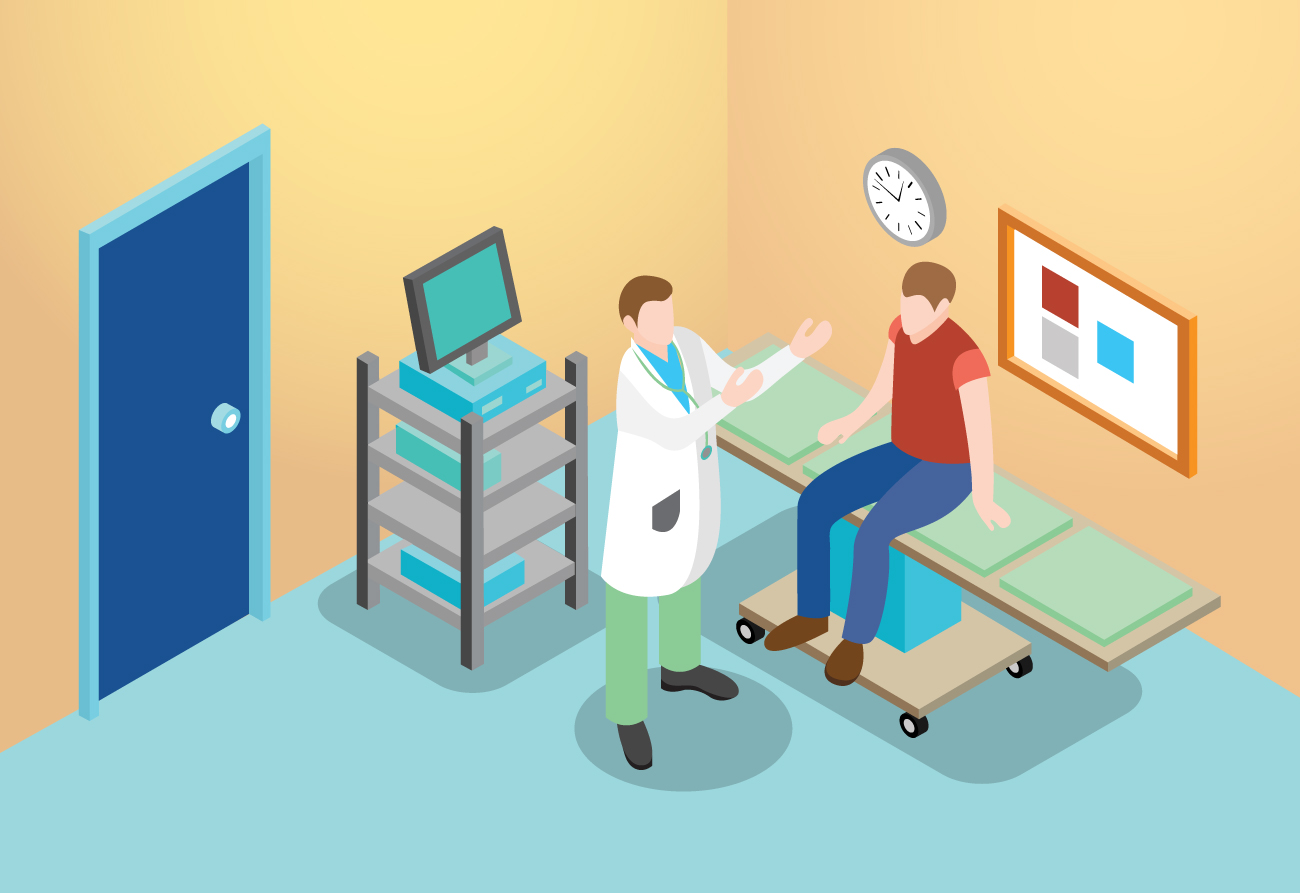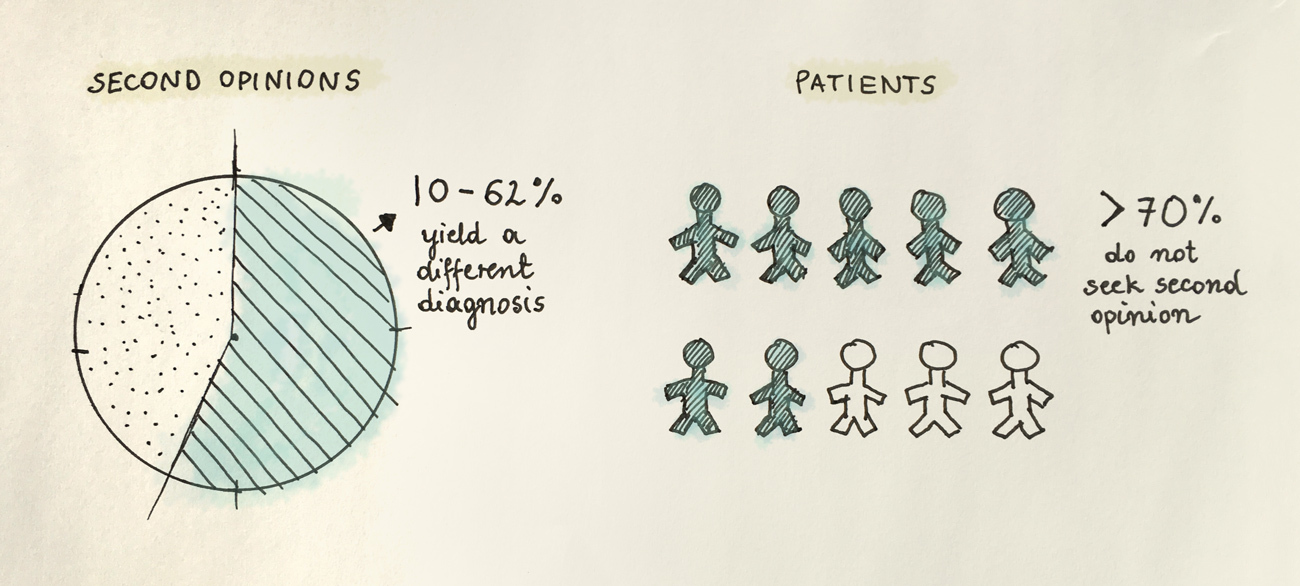The Importance of a Second Opinion

I can recall the moment when the doctor told us that she believed our 9-month-old daughter had leukemia.
It was like time had stopped, and for a moment, it was as if we were standing still. No movement, no motion, no breath. It’s ironic, because those exact moments are when you want to have a clear mind that’s open to receiving information. You want to be able to ask the right questions and perhaps begin thinking about getting a second opinion.
I am grateful that the doctor’s initial conclusions were wrong. Our baby did have some health concerns, but they were nothing as severe as her original diagnosis. But what if they had been serious? Would I have known enough to get a second opinion? To question authority? To ask more questions? When faced with a situation in which your health or the health of a loved one is in jeopardy, having the right information and knowing your options can help you make sound decisions.

Studies show that 10 to 62 percent of second opinions yield a major change in the diagnosis, treatment, or prognosis. And yet, even with that evidence, more than 70 percent of people find it unnecessary to get a second opinion.
If you do make the choice to move forward with a second opinion, where should you start? The following questions can help you determine the next steps to take.
 What is the severity of your original diagnosis?
What is the severity of your original diagnosis?
Research shows that the more severe the diagnosis, the more you should push for a second opinion. A fatal illness or major surgery are reasons to ask for more information.

Are your treatment options risky or toxic?
While intense or risky treatment options are sometimes your only choice, there is nothing wrong with seeking out other alternatives.

Are you considering participating in a trial drug or does your treatment involve experimental instruments or devices?
If your proposed treatment options are new and there is little or no research to back them up, requesting an additional review of the possible treatment plan is highly recommended.

Where should you go for a second opinion?
You could ask your current doctor where to go for another opinion. If that isn’t an option, CDPHP® members can use our Find-A-Doc search tool to help locate a doctor who specializes in a specific diagnosis.

Does the practice accept your insurance?
Verify that the practice accepts your insurance before you make an appointment. While this certainly isn’t the only factor to consider when making a decision about a second opinion, it can be costly if you don’t do the research ahead of time.

What do you do with both opinions?
So you’ve taken the proper steps to get your second opinion. Now what? Generally, having a plan in place and arming yourself with as much information as possible will make the decision about treatment options that much easier and will likely lead to better outcomes. CDPHP is proud to support our members with tips and resources to empower their decision every step of the way.
Ultimately, no matter your decision, it needs to work for you and your family. Thoroughly review your options and talk things through with your doctors and those closest to you. Take the time you need to process and make informed choices. Your health and well-being should be your top priority.
Header Photo by Flickr
 The Daily Dose
The Daily Dose
Comments are closed.